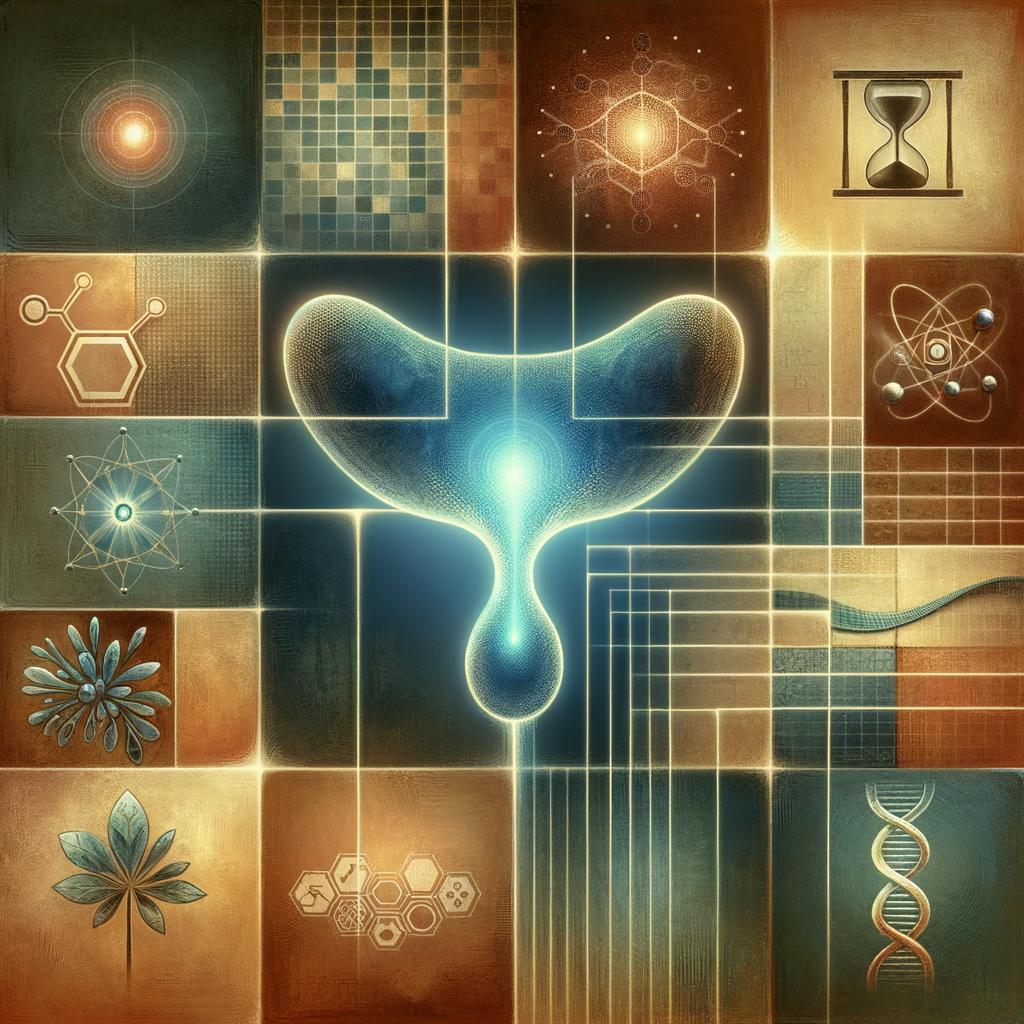Introduction: What are the symptoms of prostate cancer in men?
When we stumble on that awkward conversation of men’s health, one topic that often causes a knot in our tongues – yet critically significant – is prostate cancer. Prostate cancer is a persistent threat hiding in the shadows for countless men, silent but sinister, often insidious in its progression. But how does one recognize the beast in its early stages? What are the symptoms of prostate cancer in men?
Symptoms can vary from man to man. Often, the early stage of prostate cancer shows no evident warning signs at all. However, as it progresses, symptoms like difficulty in urination, blood in the urine, or persistent pain in the back or hips can become palpable.
This article will delve into the different signs and symptoms of prostate cancer, break down its progression, and address common queries that arise in many minds.
Early Detection: A Silent Foe
In the early stages, prostate cancer may seem like a ghost, subtle and elusive. It dribbles its trail silently, making it hard for men to realize they are harboring the disease. But the silent whisperer of prostate cancer is not entirely mute.
Noticing the Nuances
Certain subtle hints could act as red flags, like an increase in the frequency of urination, especially nocturnal visits to the loo, or a difficulty in starting or stopping the urine flow. These hazy indicators may signal the dawn of prostate cancer before it bares its fangs.
Prostate Cancer Progression: More Audible Warning Bells
As prostate cancer progresses, the whispers become shouts. The signs become more apparent, such as a painful or burning sensation during urination or ejaculation, blood in the urine or semen, and erectile dysfunction.
When Prostate Cancer Spreads its Shadow
When cancer spreads beyond the prostate, it grips onto other areas of the body, waving red flags such as persistent back, hip, or pelvic pain, weakness in the legs or feet, or unexplained weight loss.
Late Stage Prostate Cancer: The Growling Beast
When prostate cancer enters its later stages, the symptoms can be as relentless as a pacing tiger in a cage. Extreme fatigue, swelling in the legs and pelvic area, and even bone fractures can be telltale signs of the disease’s advancement.
The Final Roar
When cancer reaches its climax, men might endure more severe symptoms like anemia, or sudden, severe weight loss. At this stage, medical attention is crucial.
Conclusion: Clearing the Fog
The shadow of prostate cancer can loom large and unidentifiable over men of a certain age. But by listening carefully for its whispers and watching out for its roars, you increase your odds to corner it before it corners you. Remember, awareness is your first line of defense against prostate cancer, followed by timely consultation and administration of adequate medical intervention.
Frequently Asked Questions
1. Are there any early signs of prostate cancer that a man could watch out for?
Subtle symptoms like increased frequency in urination, particularly at night, and trouble starting or stopping the urine flow may act as early indicators.
2. Can pain in the lower back indicate prostate cancer?
Yes, persistent lower back, hip, or pelvic pain can be a warning sign, suggesting cancer has stepped beyond the prostate.
3. Do all men diagnosed with prostate cancer display the traditional symptoms?
No, prostate cancer is a chameleon. Some men might not witness any noticeable symptoms, while others might experience a range.
4. If blood is found in urine or semen, does it confirm prostate cancer?
While blood in urine or semen can be a sign of prostate cancer, it could also be attributed to other health issues. Consult a healthcare professional for proper diagnosis.
5. Can erectile dysfunction be a potential sign of prostate cancer?
Yes, erectile dysfunction can potentially emerge as a symptom of prostate cancer, especially as the disease progresses. However, it can also be attributed to various other health problems or medications. Always seek professional medical advice to avoid misunderstanding or misdiagnoses.

